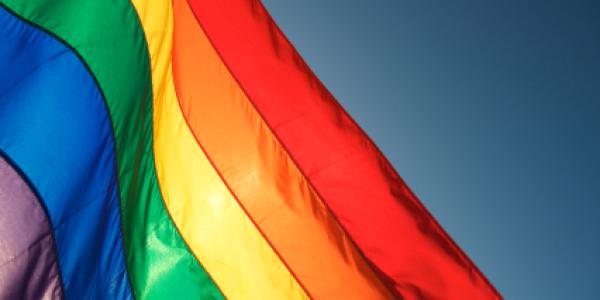A new report by the European Agency on Fundamental Rights shows that LGBTIQ+ people in Malta have not only obtained civil rights but are integrated and accepted in society and there is less discrimination and prejudice against them in Malta than there is on average in -European countries.
The report entitled LGBTIQ+ Equality at a Crossroads: Progress and Challenges is the result of research that the European Agency carried out among one hundred thousand LGBTIQ+ individuals in Malta and in the countries of the European Union in which it surveyed the attitudes and challenges that this community has in daily life.
The Parliamentary Secretary for Equality and Reforms Rebecca Buttigieg said that this report confirms the significant steps that the Maltese have taken to overcome the prejudices that existed against the LGBTIQ+ community.
Among the results of the study is that in Malta 62% of LGBTIQ+ people do not hide their sexual orientation. This rate is 11% more than the European average. The rate of discrimination against LGBTIQ+ people in Malta is 6% better than the European average. It is significant that 61% of LGBTIQ+ individuals said that the Maltese government is effectively combating prejudices and intolerance while on average in Europe only 26% feel that there is this commitment.
Faced with these results, the Parliamentary Secretary Rebecca Buttigieg said that these results together with other indicators show that violence and harassment, intolerance and prejudices against the LGBTIQ+ community in Malta is less than -European average, give it great satisfaction.
“There is more to be done and the Government is committed to fostering a mentality and culture in favor of equality and inclusiveness so that every individual, regardless of their sexual orientation, is treated with respect and dignity,” she added. the Parliamentary Secretary Buttigieg.
The European Commissioner for Equality Helena Dalli said that the study of the European Agency of Fundamental Human Rights contains a wealth of information about the experiences lived by LGBTIQ+ people. Dr. Dalli said that this will serve to identify other policies to reduce discrimination and protect the rights of LGBTIQ+ people.










